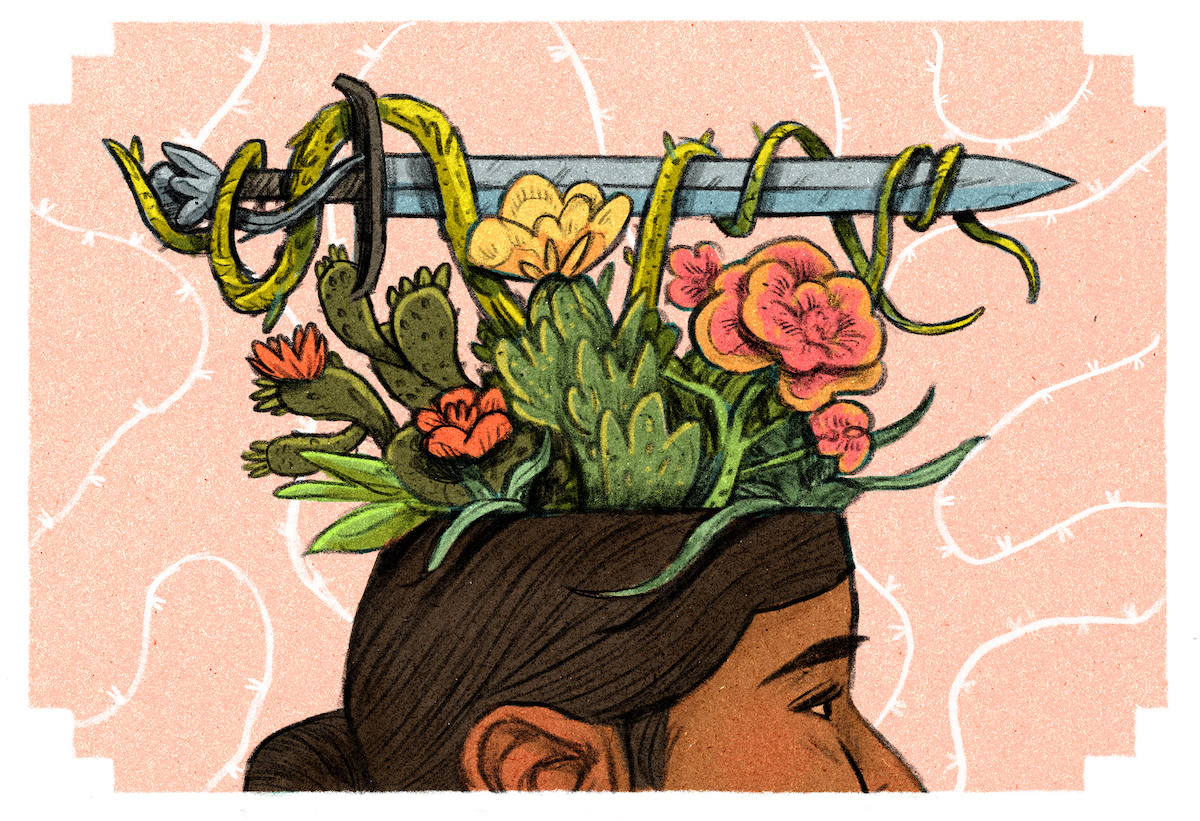

Vision: The BEST RC is a hub of creativity and place-based research and learning that fosters and sustains critically and socially transformative relationships in place-based ways with New Mexicans and Borderlands peoples with shared goals toward equity, justice, and healthy living.
Mission: The BEST RC is emerging from a recognized need for services and approaches oriented toward empowerment, healing and reconciliation, community building, and bridging information and knowledge gaps with Ethnic Studies. The BEST RC is poised to support social justice movements through research informed by critical place-based inquiries, decolonial praxis, programmatic efforts, policy advocacy, and sustainable and equitable partnerships.
The BEST RC’s mission is to co-create knowledges rooted in place and Borderlands histories to generate practices of justice, love, and liberation based on relational ethics answerable to people and place. It is dedicated to promoting understanding and awareness of the New Mexican/Borderlands experience through a concerted effort in research and scholarship, education and learning, and community outreach/public knowledge.
The BEST RC will open space for researchers to collaborate with stakeholders, policymakers, educators, local and state agencies, and community members to uplift and transform New Mexican/Borderlands communities. The BEST RC will promote decolonial thinking and knowledge co-creation. It will be a space where new materials, approaches, and ideas can be incubated, developed, piloted, studied, and implemented toward empowering future-thinking and imaginative solution-making.
Research: Decolonial research breaks away from normalized Western/colonizing ways of knowledge production. Instead, decolonial research is based on anti-colonial knowledges and lived experiences from the Borderlands, global south, and Indigenous peoples. Decolonial research approaches/methodologies are guided by relationality, deep trust, radical love, and desire for harmony. They aim to co-create a praxis of living an "Otherwise" beyond colonial logics and practices. Potentially, decolonial research methodologies include land and place-based studies, analysis of colonial systems, research-based art/art-based research, and so much more!
Paradigms of Inquiry
Click to DownloadDecolonial Praxis
Click to DownloadYear 1 Report
Click to DownloadYear 2 Report
Click to Download